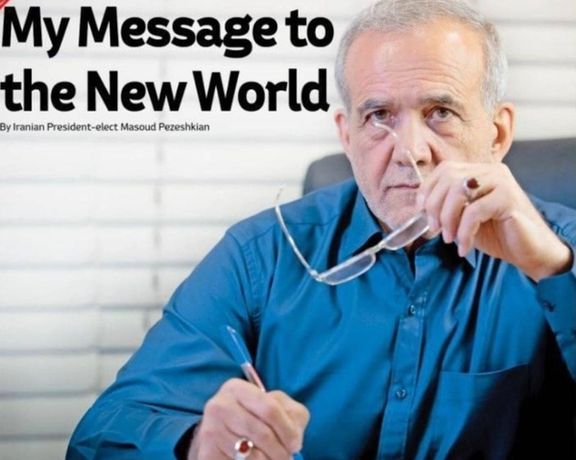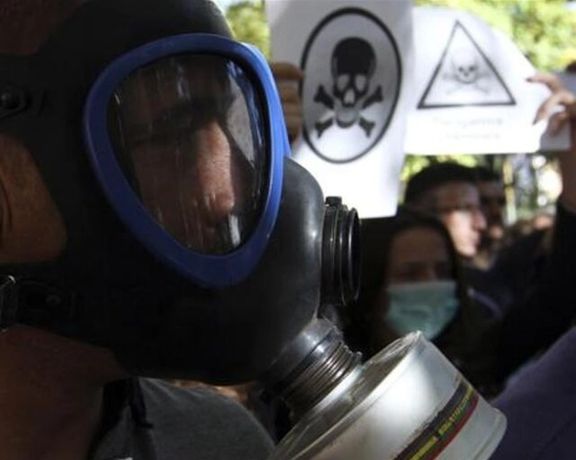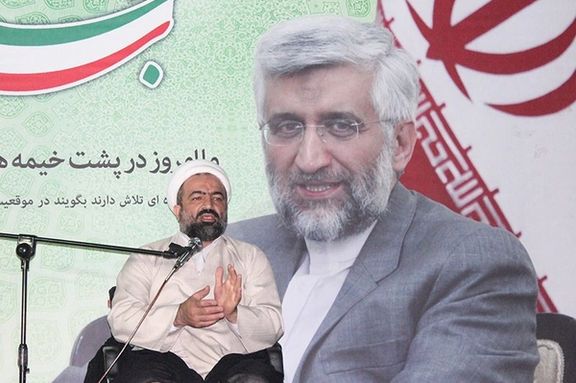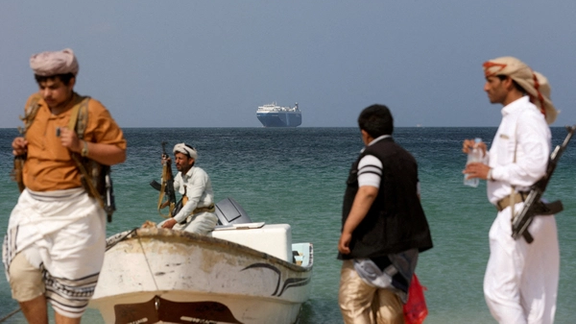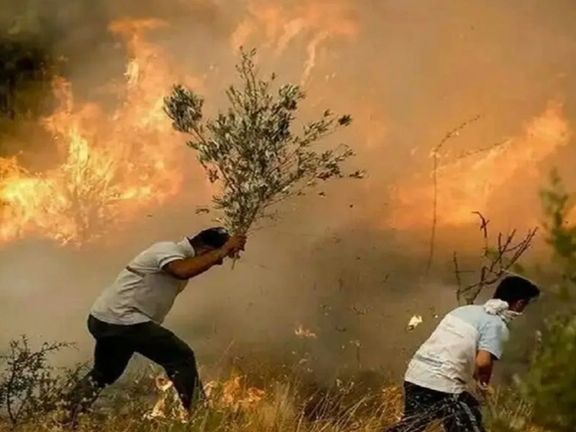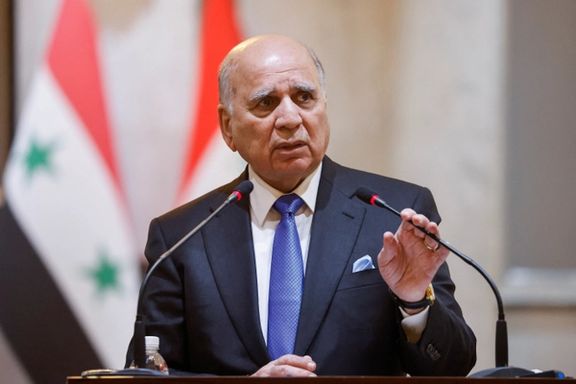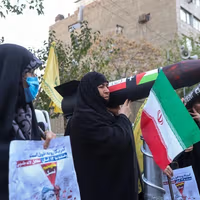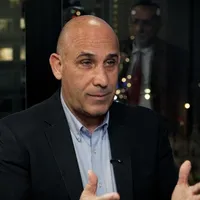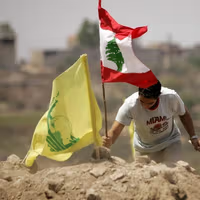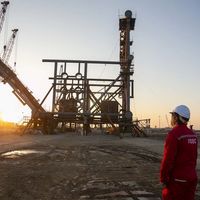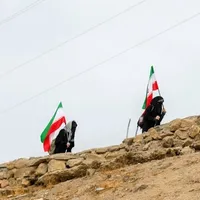The authorities in the affected regions, Behbahan and the neighboring Kohgiluyeh and Boyer-Ahmad provinces, have reportedly struggled to contain the blazes.
Despite the deployment of two Red Crescent helicopters, local media report that the fire remains unchecked.
The fire, which ignited on Monday afternoon, has reemphasized concerns among observers about the vulnerabilities in Iran's nature reserves and the state's failure to protect these critical areas.
Azam Bahrami, an environmental activist, spoke to International, highlighting the lack of effective planning for such disasters: "There is no proper planning in place in Iran to deal with such fires," she said, pointing out flaws that exacerbate the situation in Khaeez and the broader Zagros region.
Confirming extensive damage, Hamzeh Mohaqeqzadeh, the governor of Kohgiluyeh district, reported that large areas of farms, grasslands, and plant life have been consumed by the fire.
Environmental activists have long advocated for more effective firefighting strategies, especially in terrains characterized by mountainous regions, dry vegetation, and strong winds, as these measures could help prevent such disasters.
"Khaeez is burning, and there is nothing we can do about it," said Behnam Andik, a water resources student at the University of Tehran who expressed his frustration on social media about the lack of resources.
Bahrami also criticized the state's Crisis Management Organization for its ineffectiveness, noting, "The Organization is essentially a crisis in itself, despite being a complex body with influential members, including the governor and the president."
He also pointed out that the budget, ranging from 6,000 to 7,000 billion rials (approximately 10 to 11.5 million USD), is insufficient to handle natural disasters such as fires and floods.
The ongoing fires in Khaeez, home to wildlife such as deer, goats, leopards, and caracals, highlight both an environmental catastrophe and a governance failure. Established in 1998 and spanning over 33,000 hectares, this protected area is crucial for biodiversity and the livelihoods of local and nomadic communities.
Following a fire in the Zagros forests on June 24, the state-run Tasnim News Agency quoted environmental activist Mohammad Yazdanpour, who claimed that the fires were intentionally set to convert the forest into vineyards and fig orchards.
Yazdanpour also mentioned that the Crisis Management Organization failed to convene a meeting to address the situation, which was a departure from their previous responses to such incidents.
Reza Dadmehr, a retired forestry professor, spoke to state-owned IRNA in December 2023 about the lack of modern firefighting equipment in Iran's forests.
"One of the reasons for the prolonged firefighting efforts in forests is the lack of new equipment. The obsolescence of firefighting facilities and equipment, along with economic and social challenges, are major contributors to these fires," Dadmehr said.
As Iran's forests, especially in the Zagros range, face ongoing threats from fires worsened by land-clearing, agricultural mismanagement, and inadequate crisis response, these challenges will continue to endanger one of the nation's most vital ecological and cultural resources.
